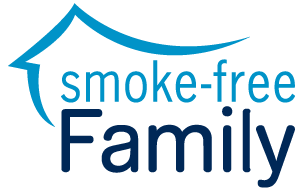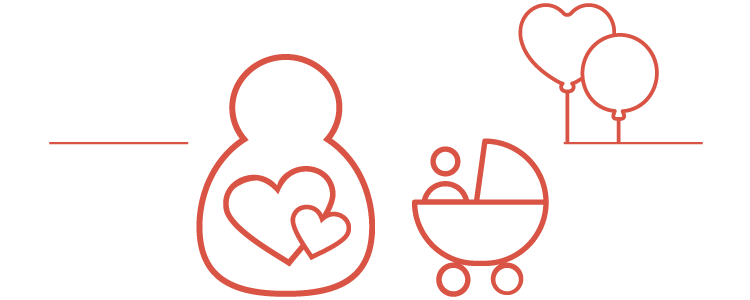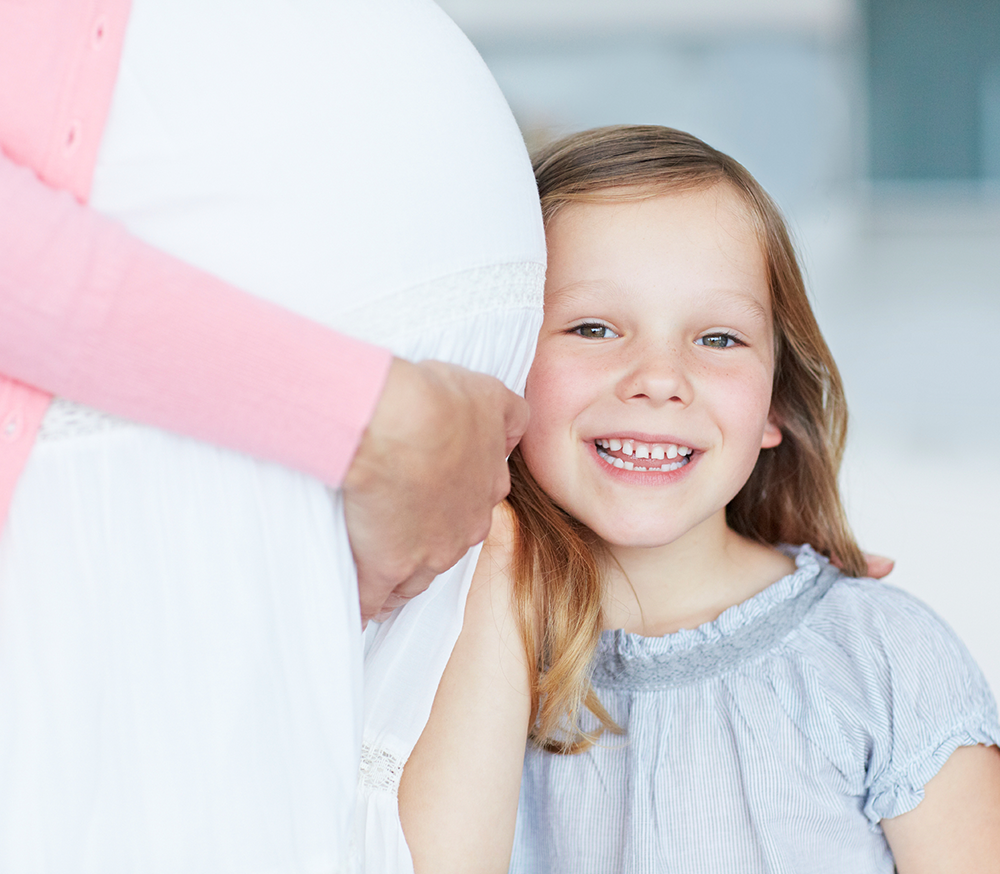
Second-hand smoke is dangerous for everyone, but it is especially harmful to the health of children and babies.
Why? Because their immune systems are not yet fully developed and they breathe more quickly than adults, which means they absorb more chemical substances.
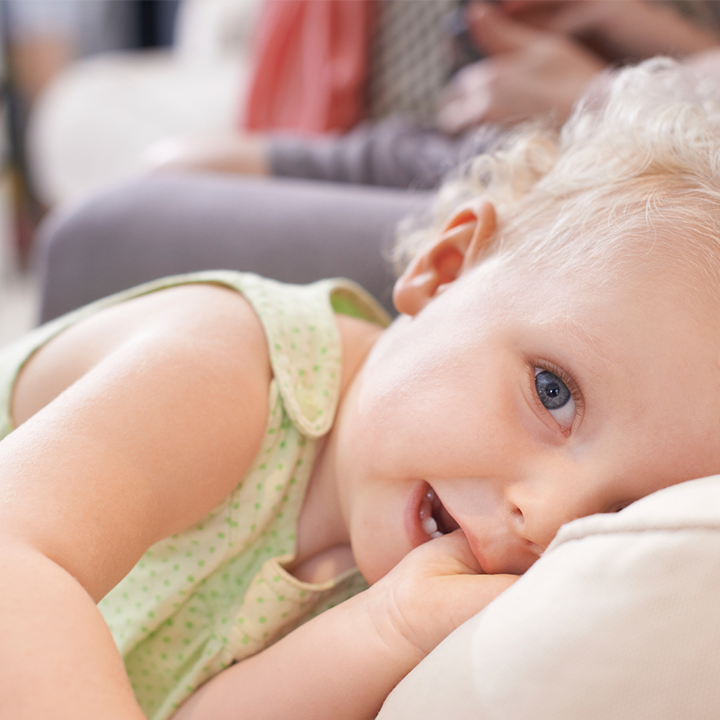
Children
For children, regular exposure to second-hand smoke can cause or exacerbate certain health problems, such as:
- respiratory tract problems, including coughing, bronchitis, and pneumonia;
- asthma;
- allergies;
- recurring ear infections;
- colds.
Studies have also established a link between exposure to second-hand smoke and learning problems.
To keep those little pink lungs healthy / Take action against second-hand smoke - PDF
Pregnant women and their babies
Did you know that, during pregnancy, second-hand smoke reduces the flow of blood delivered to the fetus? This can cause complications for the mother and numerous health problems for the baby. Fact Sheet - Pregnancy and smoking - PDF
For mothers
Women who are exposed to second-hand smoke have a greater chance of having miscarriages, premature births or complications during birth.
For babies
During pregnancy, babies are not immune. Second-hand smoke stunts their growth and risks affecting the development of their heart, lungs, and nervous and digestive system.
In addition, exposure to second-hand smoke is linked to a greater risk of stillbirths or babies with a low birth weight.
What’s more, as early as their first months of life, young babies who are exposed to second-hand smoke are at greater risk of falling victim to sudden infant death syndrome (SIDS).
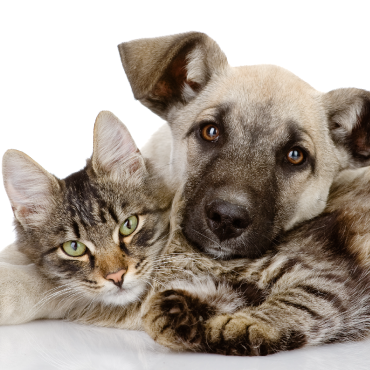
Four-legged friends…
Pets are not immune to the toxic chemicals in cigarette smoke. By living with smokers, they breathe them in every day and swallow them when they groom themselves. The evidence is clear: a higher incidence of nose cancer in dogs and of lymphoma type cancerous tumours in cats.
